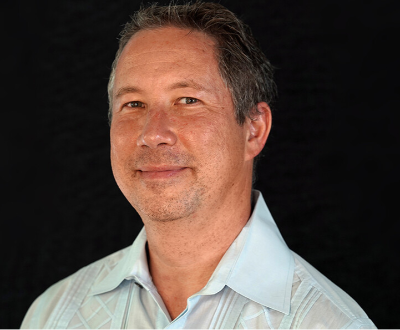
Professor Daniel HoSang is an Associate Professor of Ethnicity, Race, and Migration and American Studies and serves on the Education Studies Advisory Committee. He has co-authored and co-edited many books on topics of racial justice, colorblindness, and organizing theory. He is releasing a book, A Wider Type of Freedom: How Struggles for Racial Justice Liberate Everyone, in the fall, and is co-editing Under the Blacklight: The Intersectional Vulnerabilities that Covid Lays Bare with Kimberly Crenshaw. He is currently teaching Anti-Racist Curriculum and Pedagogy for undergraduates and a graduate course, Race, Colorblindness, and the Academic Disciplines.
Professor Hosang’s classes involve having students perform labor for community organizations supporting marginalized communities, instead of for the professor or for themselves. In Anti-Racist Curriculum and Pedagogy, students work with Connectiut teachers involve with the Anti-Racist Teaching and Learning Collective, and find anti-racist resources for each teacher’s needs, taking some of the labor of developing these new curricula off of the teacher.
Much of Professor HoSang’s research is also centered around determining how to create anti-racist classrooms, especially in districts with less funding to pay for trainings. He is researching how peer to peer networks within schools rather than top-down changes can help teachers establish anti-racist curriculum that is more accessible and better developed, since it would be crafted from the teachers themselves.
Part of Professor HoSang’s motivation to do this research, and to teach courses like Anti-Racist Curriculum and Pedagogy,” comes from a recent upsurge of interest in anti-racism. He hopes to make sure this energy doesn’t go into people learning anti-racism as a moral quality, knowing the vocabulary and being able to “finger wag” at those who don’t, which assumes people have access to the same resources. Rather he hopes people learn racism as focused in larger systems rather than individuals, and combating it involves collective action against those systems, rather than “finger wagging.”